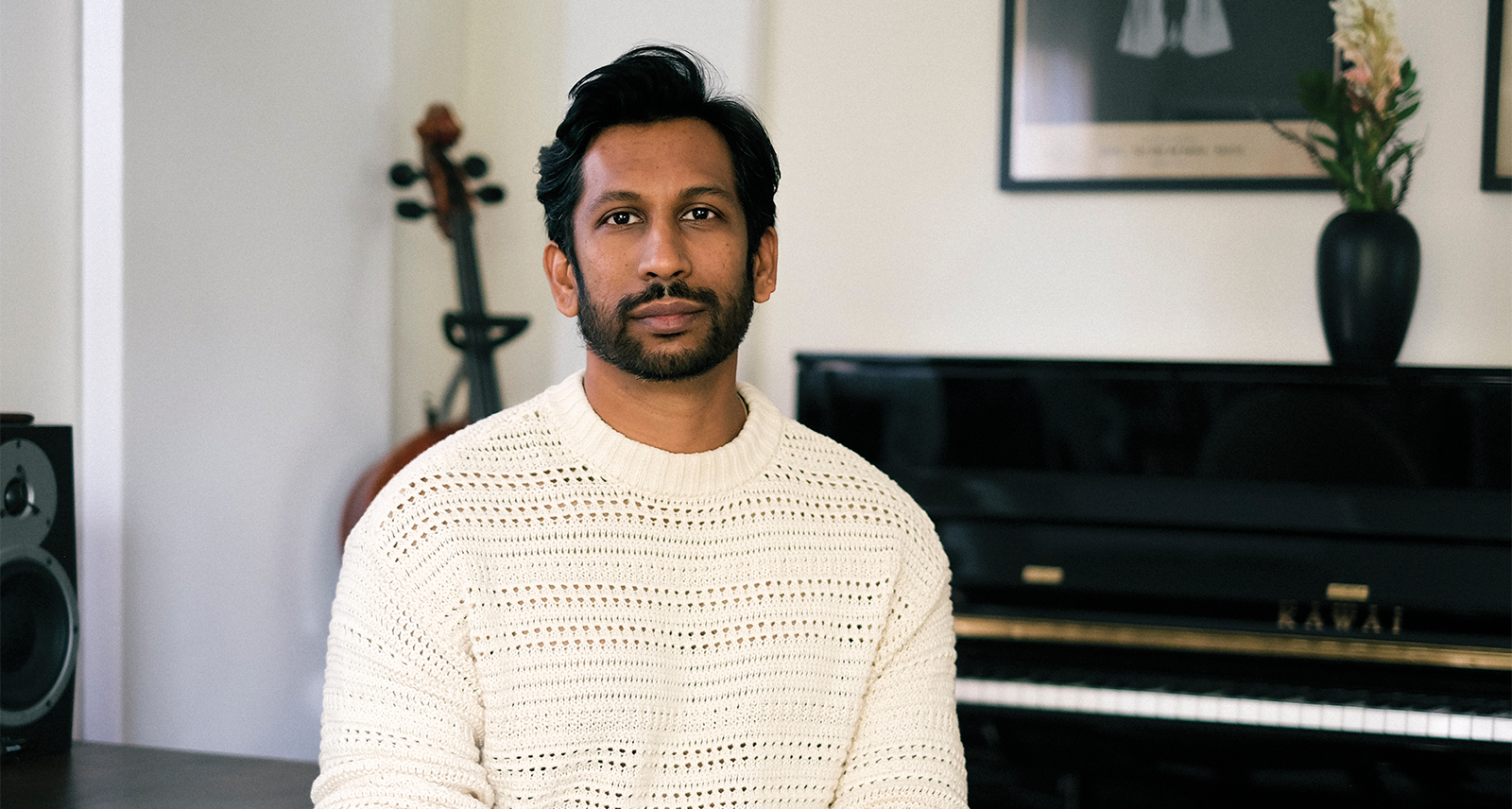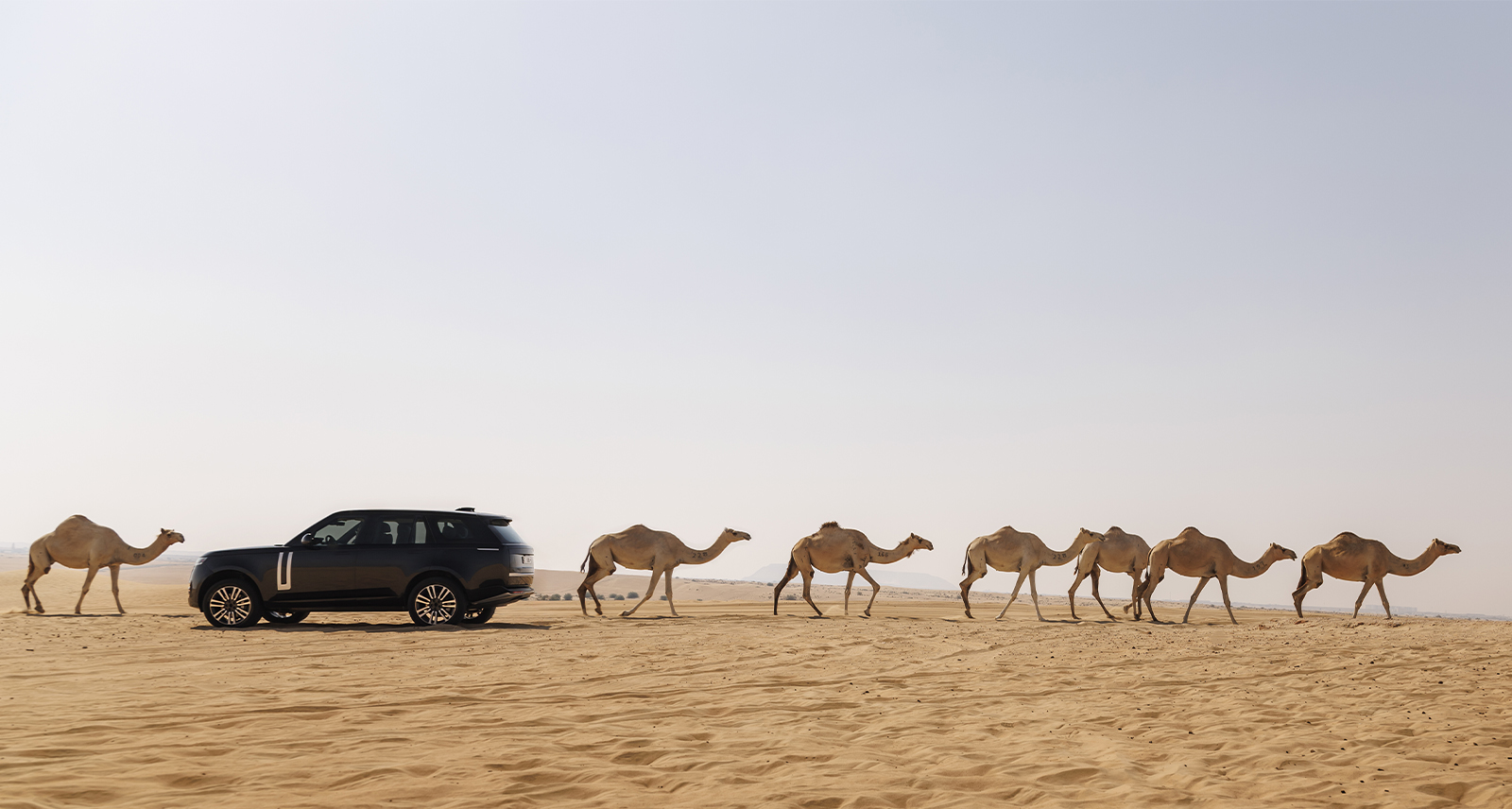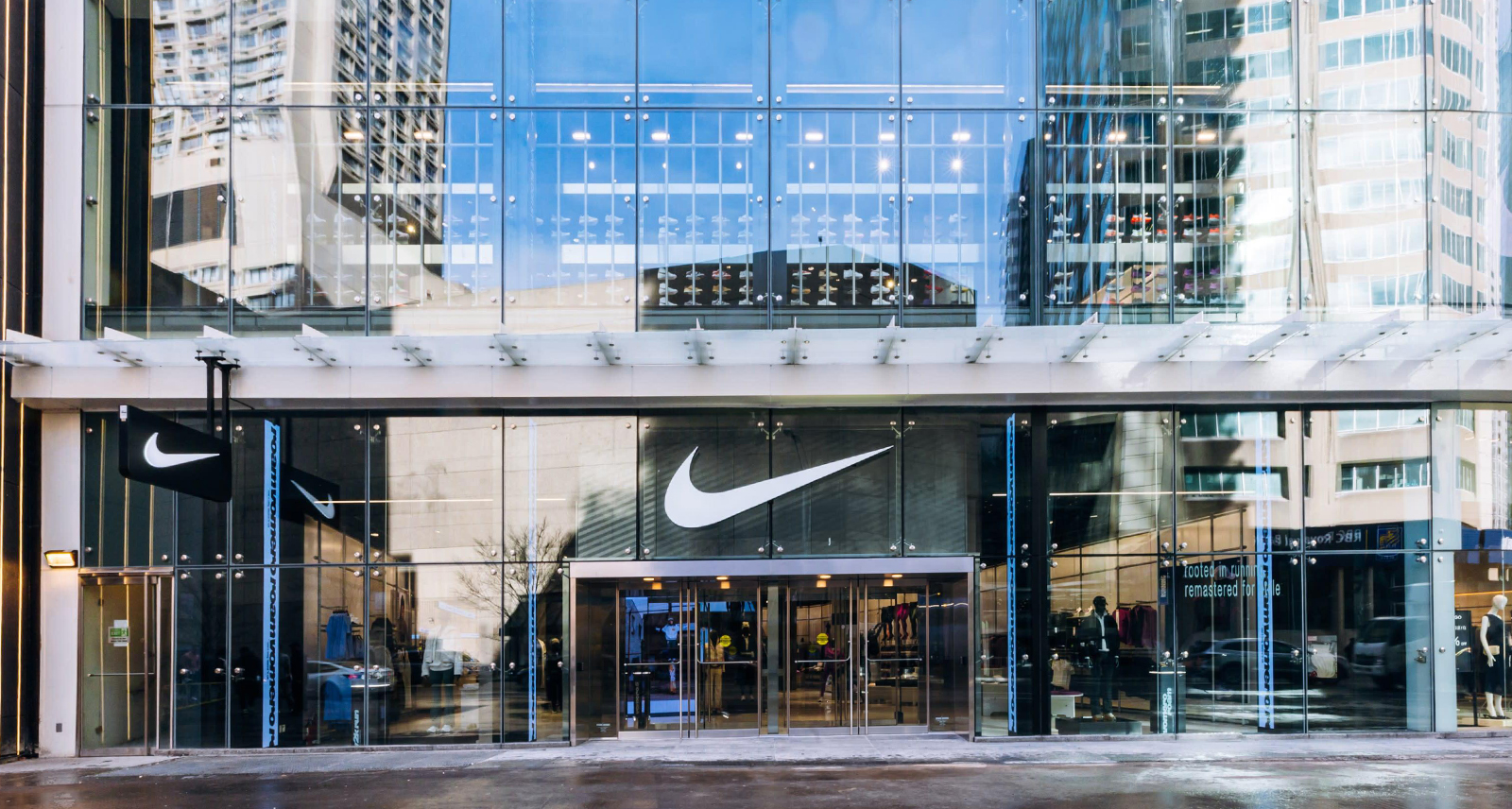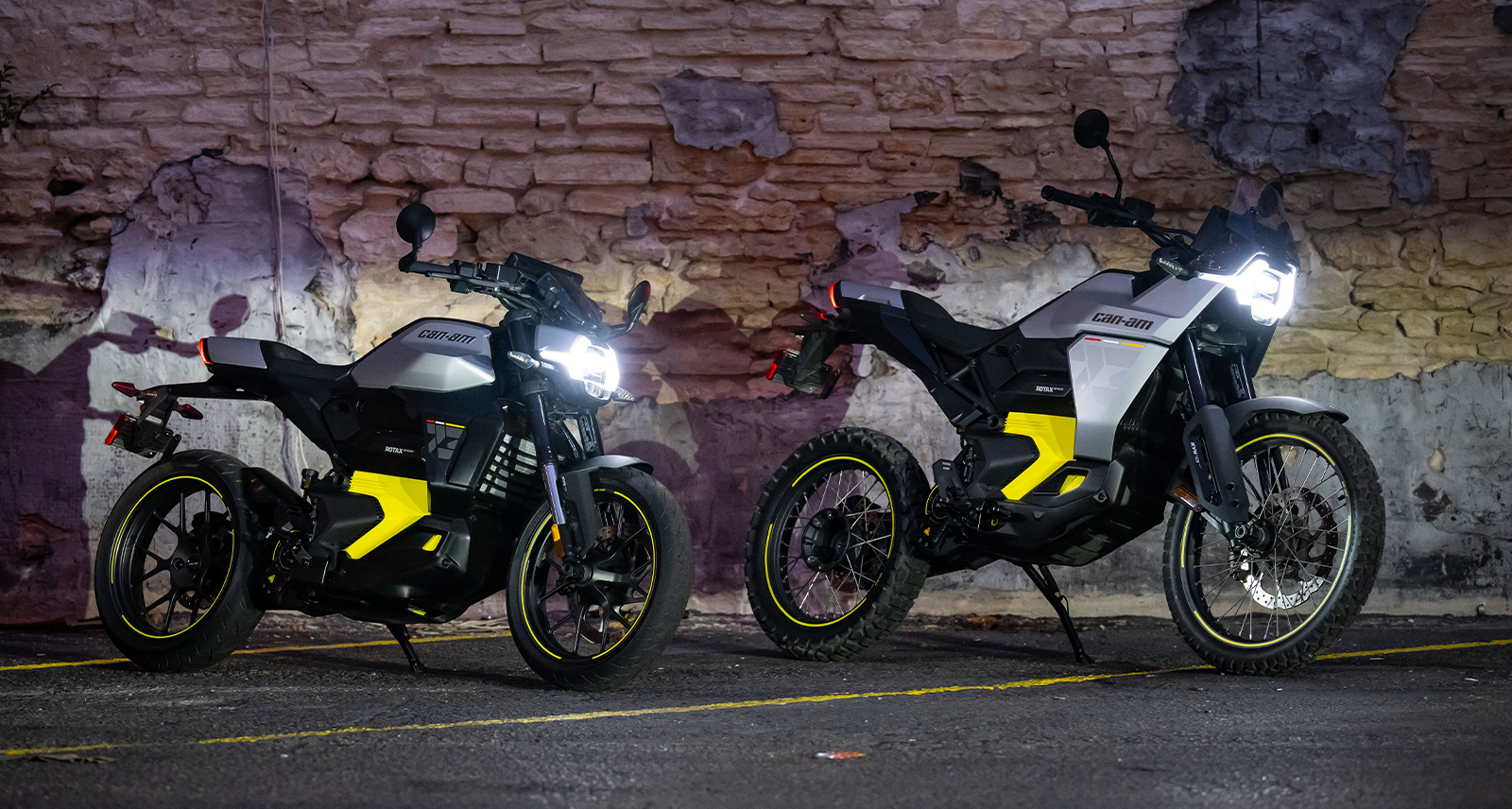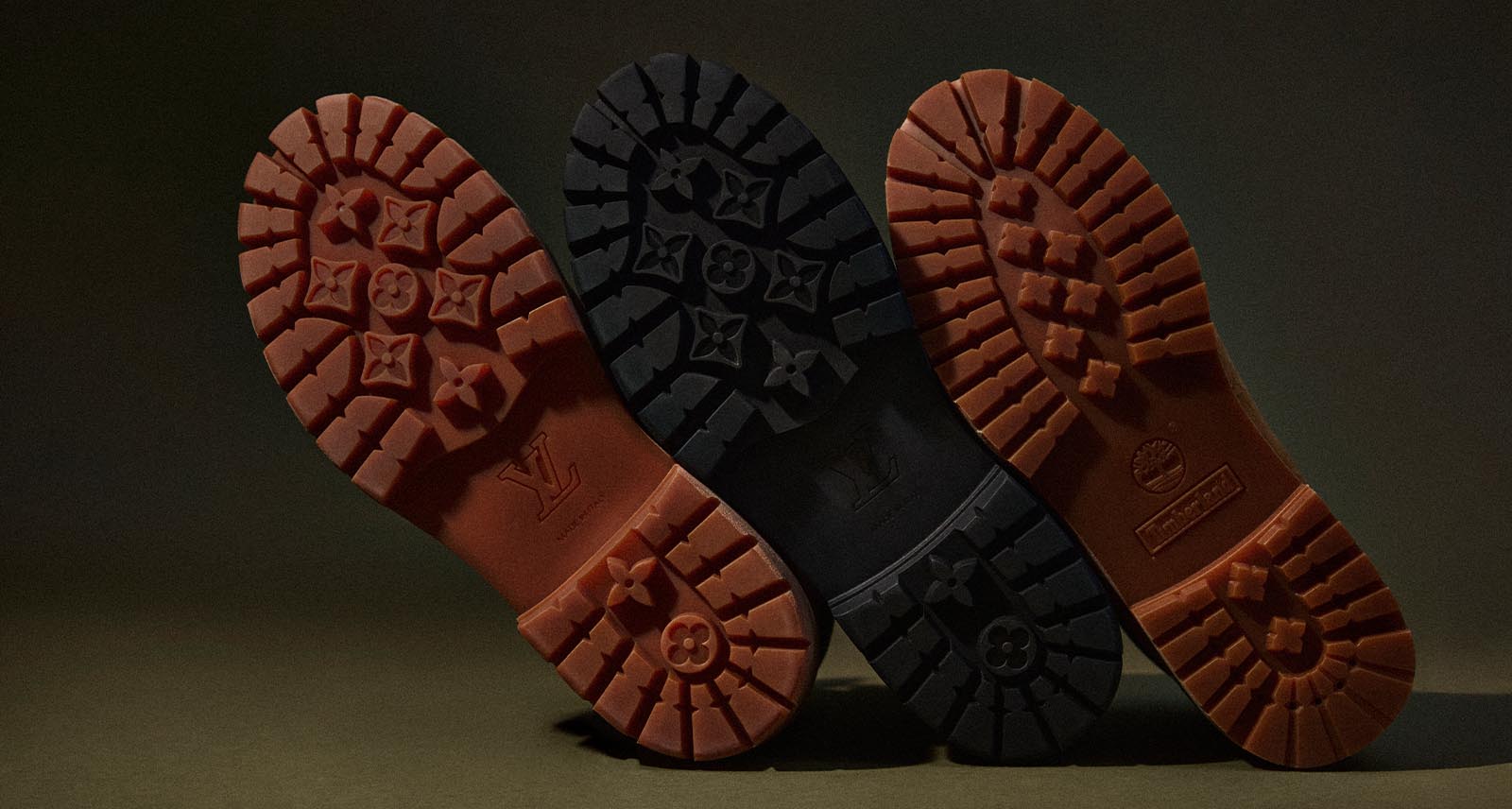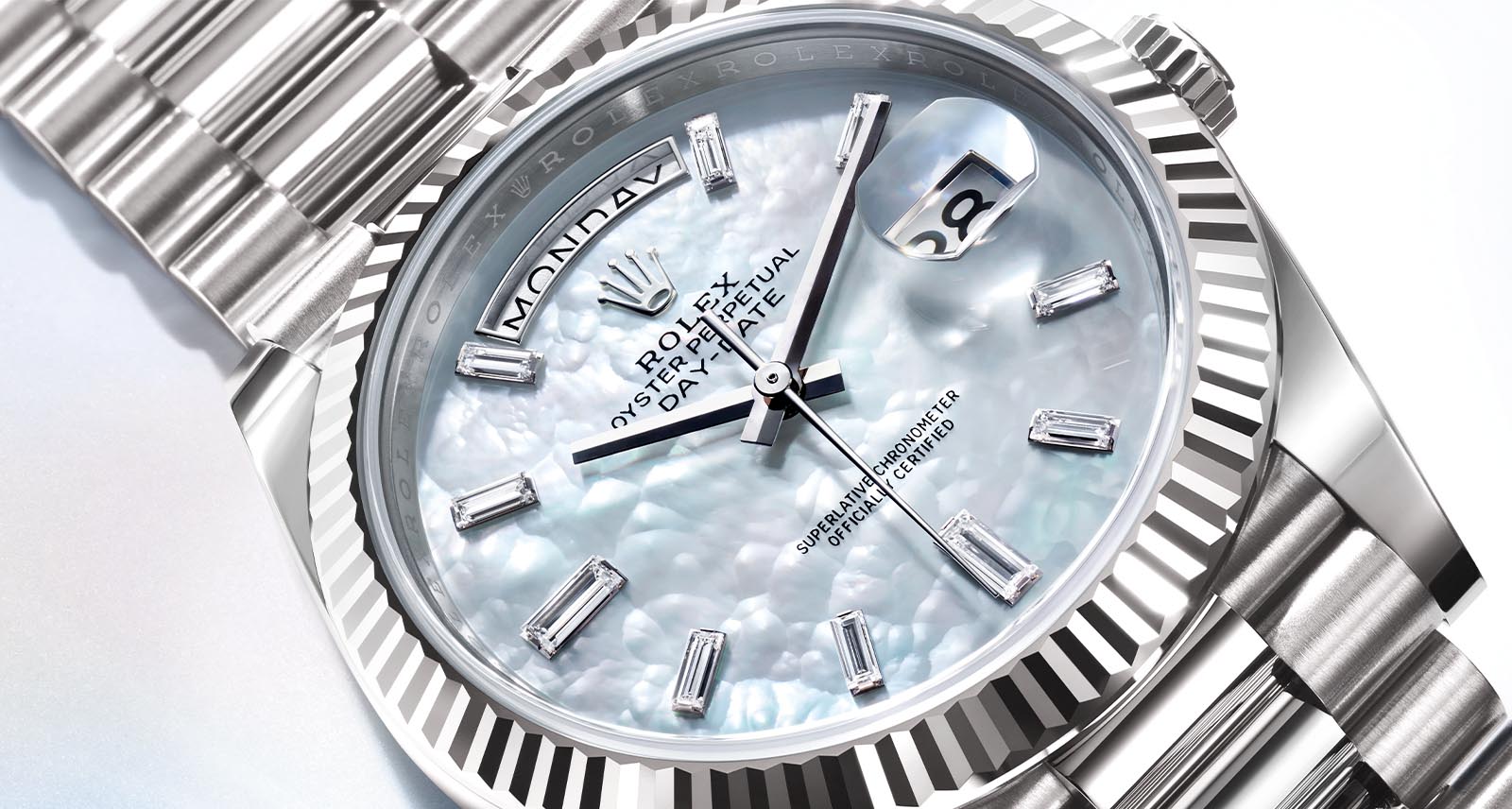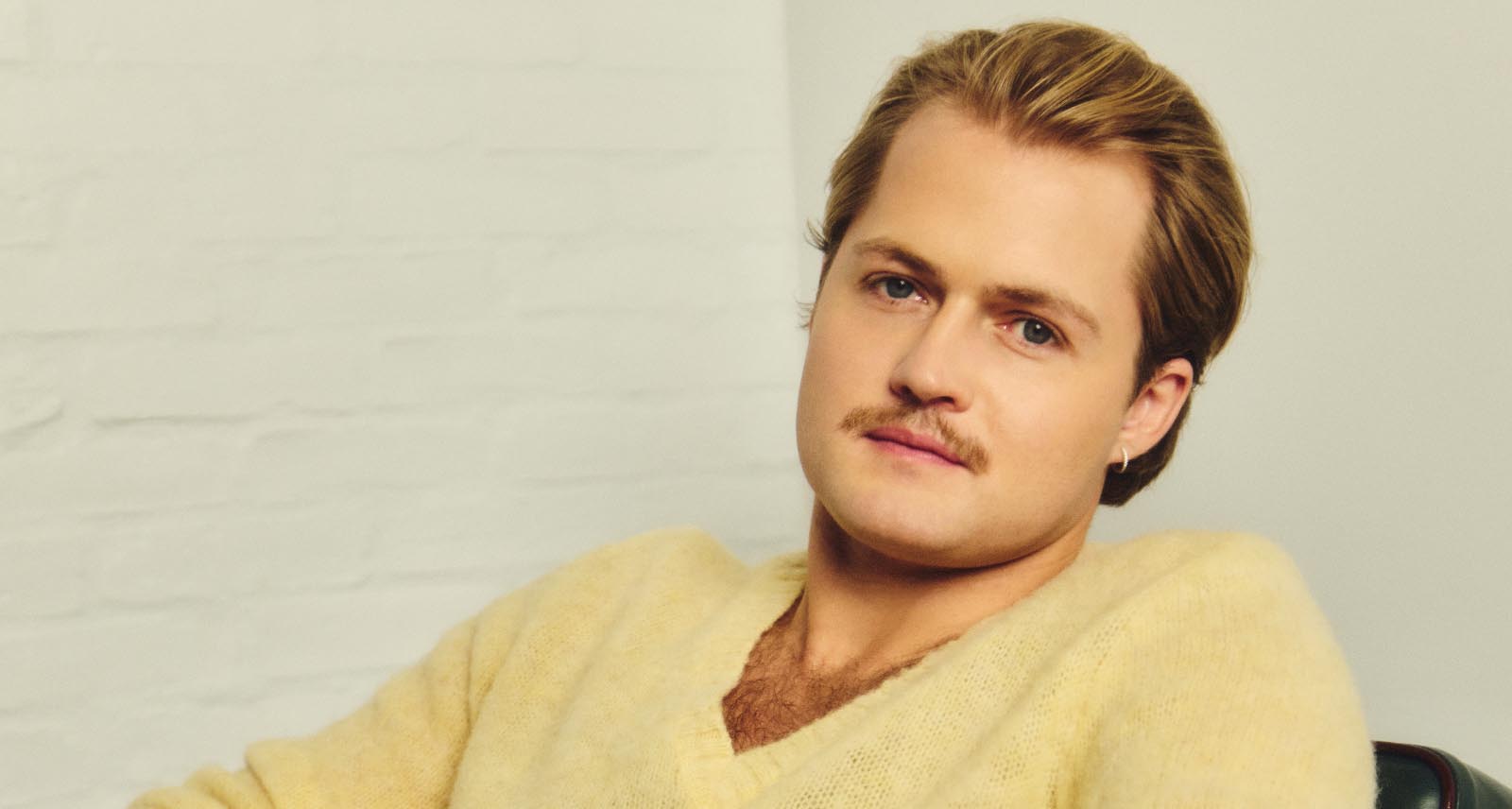Hrishikesh Hirway of ‘Song Exploder’ Shares His Creative Process
“What’s your favourite podcast?”
Pose the question to anyone with a pair of AirPods, and they’ll surely name a few titles. Thanks to streaming platforms, new episodes are everywhere. Creators need only a small investment — microphones, editing software, and a pair of headphones — to reach an audience. In 2020, just as there was a run on toilet paper and hand sanitizer, Amazon briefly sold out of podcast mics. If the ‘now-in-stock’ selection is any indication, most of those would-be podcasters moved on shortly after purchase. For a dedicated few, however, those extremely online years turned audio-stars into supernovas. Hrishikesh Hirway is one of those few.
Hirway wears many hats. He’s scored the Netflix series Everything Sucks!, co-hosted podcasts like Home Cooking and The West Wing Weekly, and recorded music alongside LaKeith Stanfield as ‘Moors.’ Yet, it’s likely Song Exploder — a podcast-turned-miniseries in which musicians break down their recording process — that solidified Hirway as a podcast trailblazer. Peppered with guests from Bon Iver to Billie Eilish, the podcast’s 10-year history is a fascinating look inside the recording studio. Speaking with SHARP, Hirway sits on the other side to offer a nuanced take on audio media and takes us behind-the-scenes of the podcast.
“The song is like a little keyhole that we’re looking through; it’s the point of view for a mini-biography of the artist.”
Hrishikesh Hirway
You’ve scored Netflix series, documentaries, films, a video game, and then you have musical projects, and four different podcasts. There’s a lot of storytelling and a significant musical component, too. How do you balance those two elements?
Well, I think of them as separate projects. I go into each of them with very different intentions. So, while I think they have things in common, my aim is different for each. But I think they intertwine [through] my — I guess you would call it a style — of trying to lay these things out.
I’m always thinking about two things. One is the feeling, first and foremost, and the second is the having some clarity about the story. The feeling, I think, comes first when it’s music, and the story comes first when it’s a podcast episode.
Do the separate projects inform one another? For example, when you put together podcast audio, do you draw from your experiences with music?
No, they’re definitely informing each other. The podcast that I make, Song Exploder, is entirely born out of my music career that preceded it. I wanted to try and figure out how someone did something that felt incredible, that sounded amazing to me, so that I could try and create that same kind of feeling.
I didn’t have formal training. I would just try and reverse-engineer things that I heard. That’s what inspired Song Exploder. When I had the chance to talk to other people about their songs, I wanted to ask the questions I wished I could ask everybody who makes music I love. Many of the questions were the kinds of questions you’d ask if you were a musician, as opposed to more general interview questions. I think that’s part of what made the show appealing to people who come on — it was a way to talk about their work with a level of detail.
“Music, regardless of how it sounds, has so much thought going into it. Even if it’s a song you wouldn’t listen to […] that doesn’t diminish the level of care and humanity that has gone into its making.”
Hrishikesh Hirway
Are you ever surprised by the level of an artist’s involvement, or the technical level at which they speak to their musical projects?
I did one episode with Bjork about a song that she wrote called “Stone Milker.” I asked her about a moment where the reverb on her vocals suddenly goes away— the cavernous quality of the song disappears, and it gets really dry. I asked her, ‘What was behind the decision to make that reverb suddenly disappear?’ and I could feel her getting excited to talk about that.
She was like, ‘Yeah, that’s supposed to represent this idea of a door closing.’ It’s an emotional door closing, and that’s a very emotional song for her. She was trying to convey this feeling sonically, with her voice, and I just thought that was so cool. So, they’re technical questions, but all of those technical moves are an effort to create a feeling in the song that you’re trying to make.
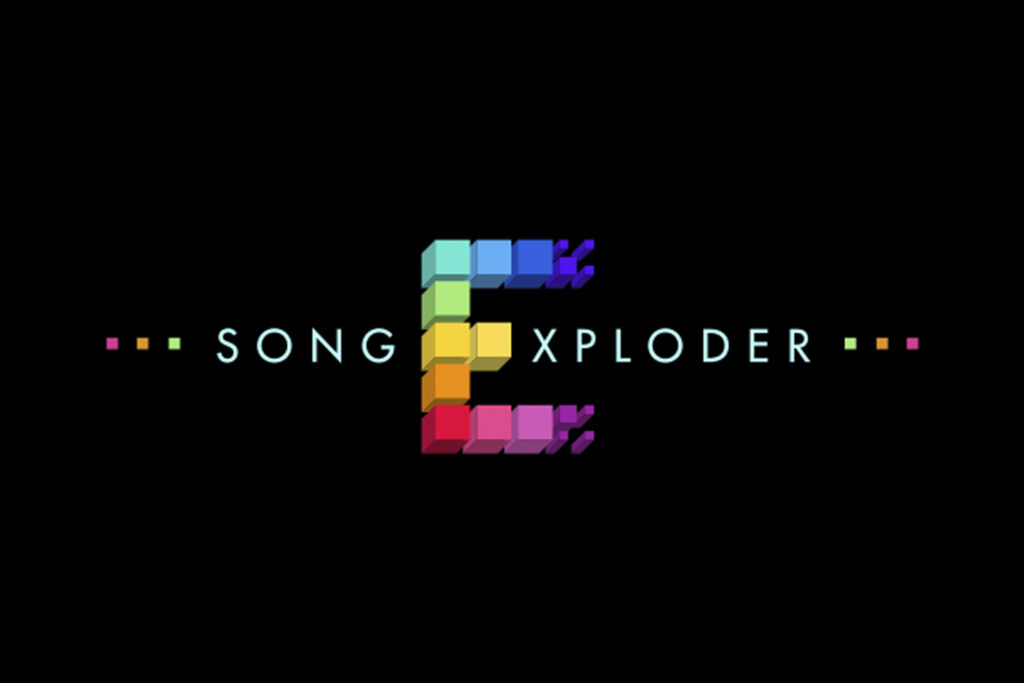
Song Exploder leans towards an almost non-narrative format, where the artist does a lot of the talking. But obviously, there’s a lot of editing to make the episode feel linear. How does your voice show up in that — the selection of somebody else’s words?
When I started the show, I thought I was doing a good job of hiding my voice — both figuratively and literally. [I thought] I was making an artifact you could stumble upon, and my identity and personality wouldn’t be in the way. I would take myself out and present the story of the artist without editorial comment, without even letting people hear my questions, so that they could experience it directly from the artist.
There’s some level of editing that has to happen just to take out my questions, but I also want to tell the story — or have the story told — in a linear fashion that makes the building of the song makes sense. You start with the idea and go through each step, even if that’s not how the artist remembers it, or how they tell it themselves. It’s sort of like putting together like a jigsaw puzzle [without] knowing the image on the front of the box, you know? You’re just putting pieces together and seeing where they fit. By the end, you come up with a map that leads to the song.
“They’re interested in how creativity is born, and how different people are wired to try and express themselves.”
Hrishikesh Hirway on ‘Song Exploder’ listeners.
You’ve had a huge spectrum of guests: up and coming artists like RAYE, industry veterans like Madonna, Bon Iver, Norah Jones. What does that process — figuring out the guest, picking which song they’re going to talk about — look like?
The first thing I consider is whether the artist will be able to tell a great story. The song is like a little keyhole that we’re looking through; it’s the point of view for a mini-biography of the artist. That’s the little frame we get.
So, first and foremost, I’m looking for an artist who has something thoughtful, compelling, and personal to say about themselves. I think the artist comes first and the song second, but they go hand-in-hand. Not every song is going to let you into an artist’s brain in the same way.
Something unique to the podcast is the level of respect you have for modern media. A lot of the time, you only see that critical perspective as it relates to classic artwork, classic literature, and that sort of thing. Is that something you’re consciously thinking about?
Well, one of the nice things about doing the podcast is setting the rules for myself. The show was not going to only be about the music that I listened to because I wanted it to span genres and span different people’s tastes. I did want to show that music, regardless of how it sounds, has so much thought going into it. Even if it’s a song you wouldn’t listen to, or on first blush you’d be like, ‘No, this isn’t for me’ and you’d skip it — that doesn’t diminish the level of care and humanity that has gone into its making.
My hope is that people can listen to every episode of the Song Exploder podcast. Even if the music isn’t something they’re interested in, they’re interested in how creativity is born, and how different people are wired to try and express themselves.
